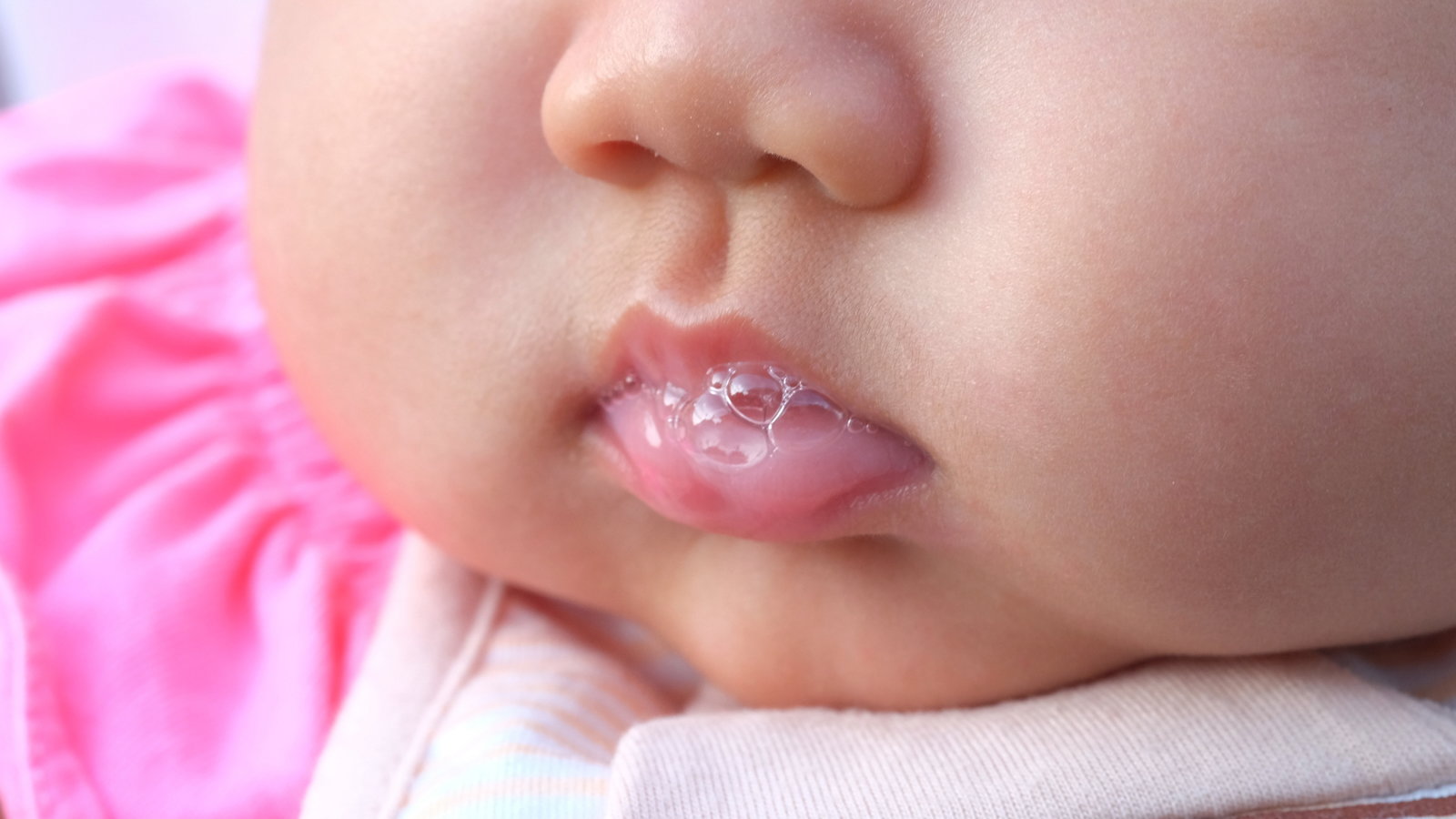
If you've decided to take the plunge and breastfeed, the first thing you need to understand is that frequent nursing is normal. The second thing to keep in mind is that you can't gauge your baby's feeding schedule according to the schedule that formula-feeding moms follow. Breast milk contains more nutrients, so your baby will absorb them more quickly and will therefore need to feed more often.
Feeding Cues
Remember to look and listen for typical feeding cues: fussing, crying, and sucking on a fist are the only means of communication your baby will have at first. In a few weeks, or even days, you may be able to tell the difference between a feeding cry and a diaper change cry. In a few months, your baby will be able to communicate hunger with more obvious cues, such as launching himself at your breast from several feet away or trying to help himself while he's in a shopping cart in a crowded grocery store.

Digestion
It takes roughly two hours for your newborn baby to digest each meal, so you can expect to be feeding 8 to 12 times a day at first. This will be part of your routine for the first 6 to 8 weeks of life, a period of rapid growth. You will want to watch your baby's development closely, though, because sometimes frequent nursing can be an indicator of a problem.
Wet Diapers
Expect at least one wet diaper on the first day after your baby is born. This should increase to six or more wet diapers per day by the end of the first week. If your baby is feeding more often but doesn't have as many wet diapers, it could mean a nursing problem or low milk supply.
Growth Spurts
If the baby starts feeding and sleeping a lot more than usual, do not be concerned. You will go through several periods like this, when your baby is just having a growth spurt.
Crying
Babies will normally go into napping mode for a short time after a feeding. If they start to cry after eating, this can indicate a problem. Try burping the baby, but if that doesn't solve it, you may want to speak with your pediatrician and note any additional symptoms (colic, signs of tummy pain, etc.).
When to Seek Help
If you are concerned about the frequency of feedings, talk with a lactation consultant. La Leche League is a great resource for breastfeeding moms, and they have a 24-hour hotline that you can call for advice. This hotline is toll-free and it never hurts to give them a call before going through the expense of a doctor's visit. The experts at La Leche League can help you make sure the baby is latching on correctly to get enough nourishment, and can provide other helpful tips for breastfeeding. However, if your baby appears to be producing a low number of wet diapers, doesn't seem to be gaining weight fast enough or is in pain after feeding, give your pediatrician a call right away.
Additional Tips for Frequent Feeding
In the early days when your baby is feeding frequently, nap with him. This will help replenish your milk supply and will also help you get the rest you need in those early weeks, even if you don't really feel like it. Keep books, snacks or a remote control handy for feedings, so you don't have to interrupt the feeding process to get these things. Remember that breastfeeding isn't just about food; it is important bonding time for both you and the baby, so cherish it. It will end much sooner than you expect.

